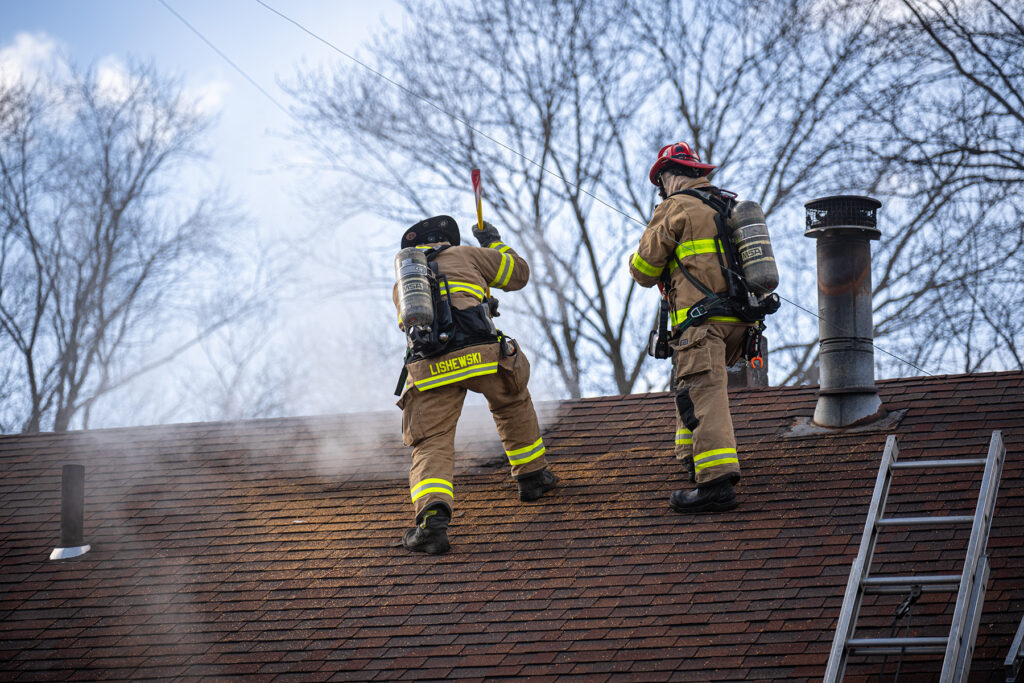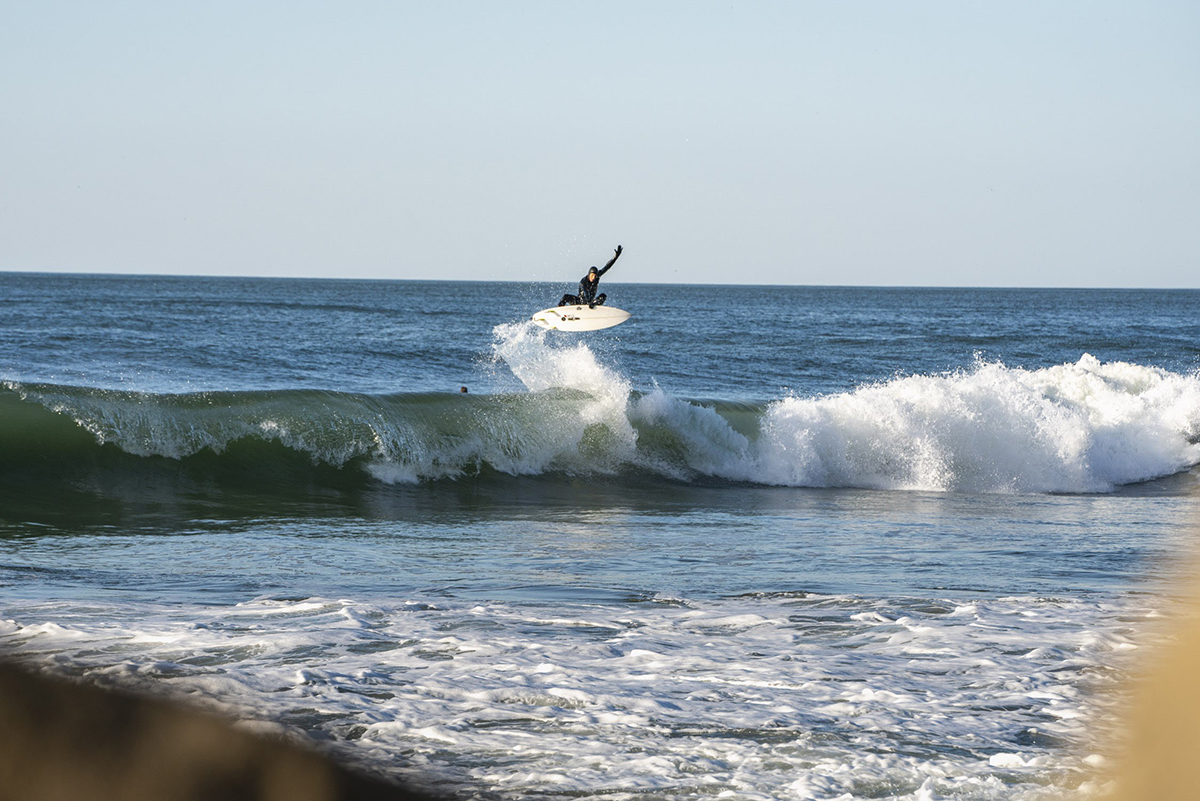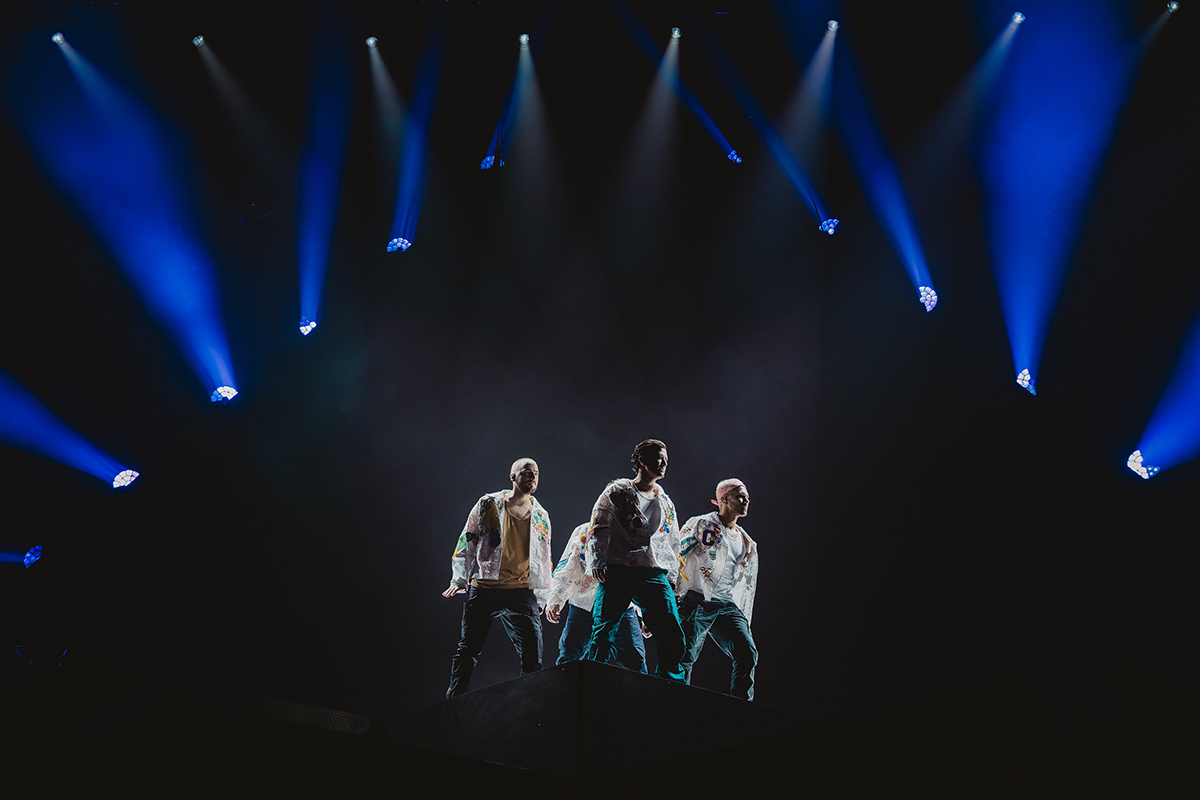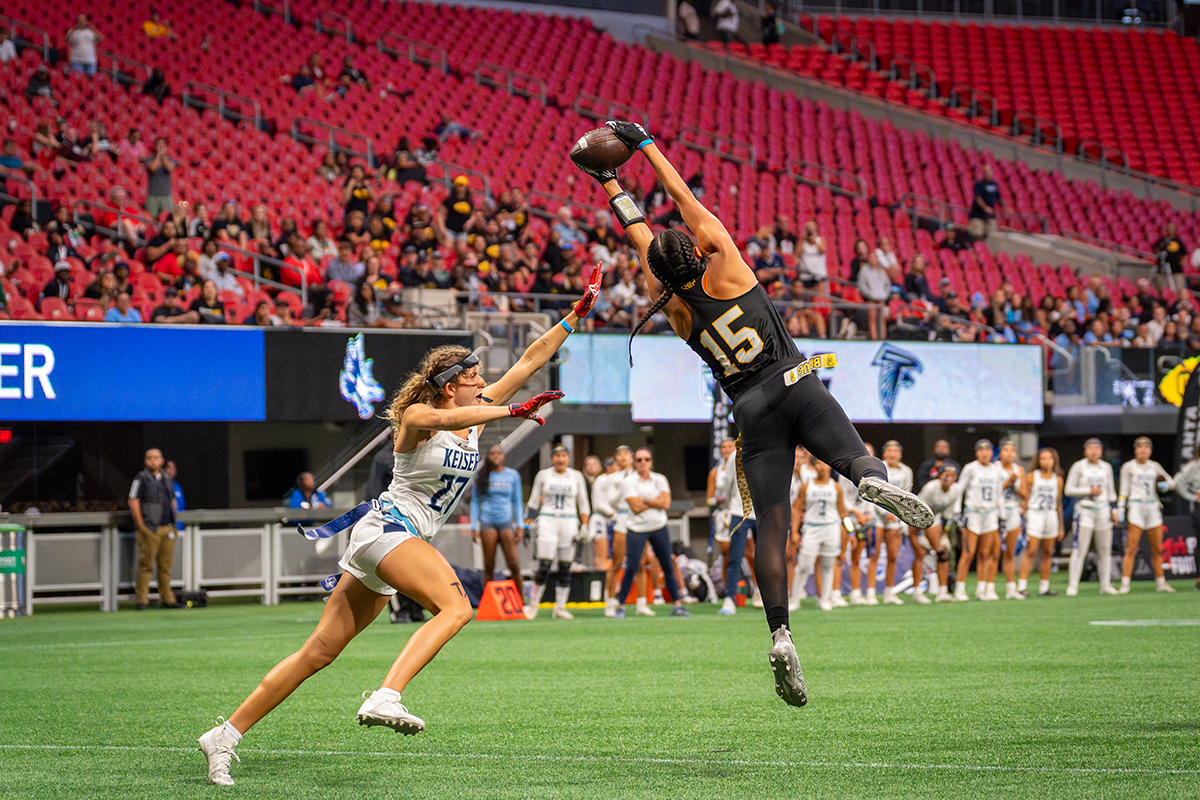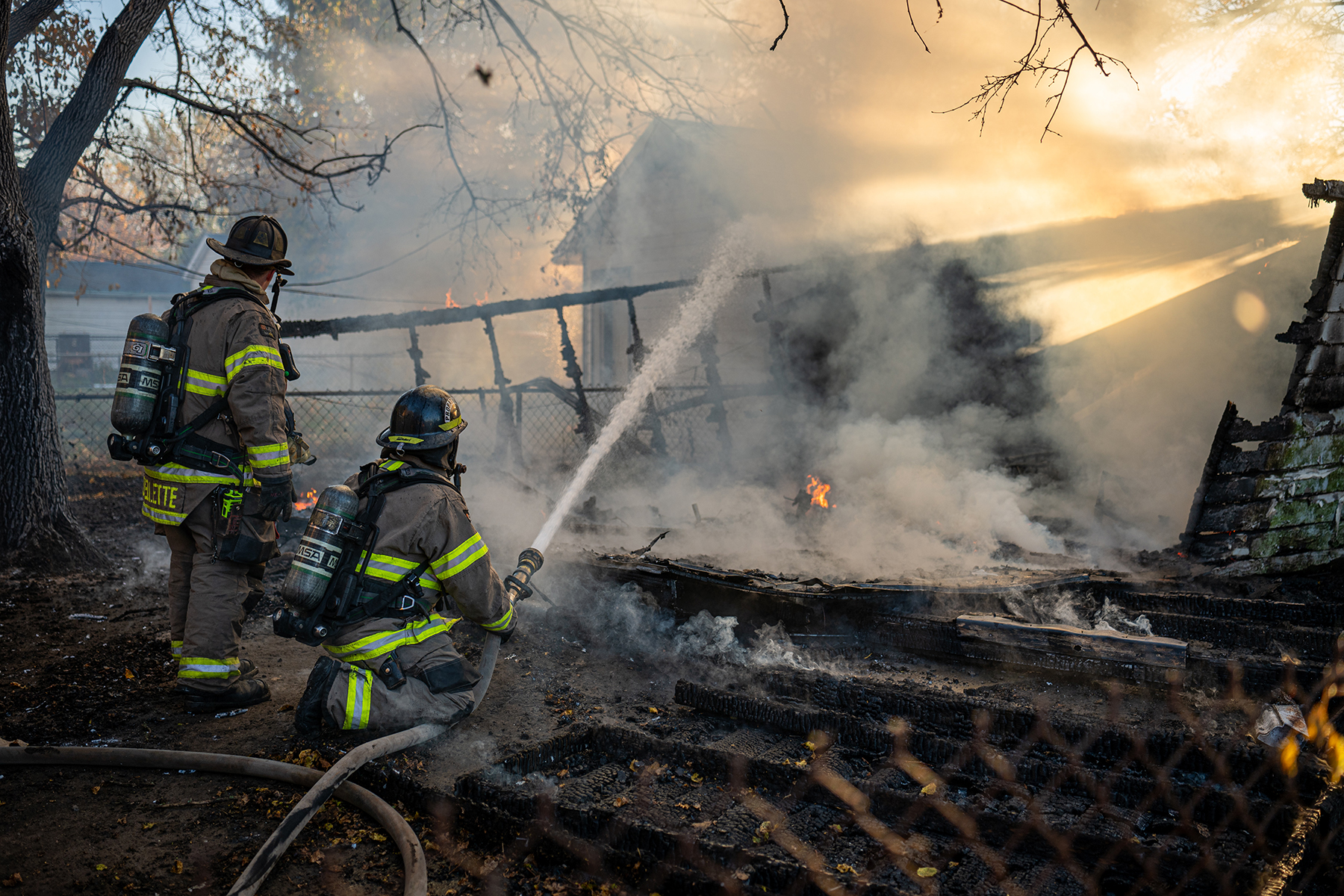
Focusing Through the Flames
Joe Meier is on the scene in Toledo to capture firefighting photos with his Tamron 35-150mm F2-2.8 all-in-one zoom.
Author: Jenn Gidman
Images: Joe Meier
Share Article
Joe Meier is on the scene in Toledo to capture firefighting photos with his Tamron 35-150mm F2-2.8 all-in-one zoom.
For Joe Meier, capturing the action of firefighters at work isn’t just about photography—it’s a deeply personal pursuit rooted in his lifelong connection to fire service. Growing up in northern Michigan, he was fascinated by firetrucks from a young age, running to the window every time he heard the sirens from his father’s camera store. “My grandfather was also a firefighter near Cincinnati, so it’s in my blood,” he says.
Joe’s passion led him to study fire science at Lake Superior State University, where he trained to be a firefighter and later worked as both a paramedic and a paid on-call firefighter. Now based in Toledo, Ohio, and attending physician assistant school, Joe doesn’t have time anymore for firefighting shifts, so he transitioned into documenting firefighters in action with his camera.

To capture the unpredictability of a fire scene, Joe relies on his Tamron 35-150mm F/2-2.8 Di III VXD all-in-one zoom lens for his Nikon mirrorless camera system. “Being able to zoom in and out in these fast-paced scenarios with just one lens has been invaluable,” he says. “The 35-150mm has replaced all the other lenses I used to bring with me, where there’s usually not enough time to switch lenses. In addition to the 35-150mm’s unmatched versatility, the fast aperture is perfect for the low-light situations I regularly find myself in. The image quality is also amazing. This lens is the perfect tool for me to document the intensity of firefighting in real time.”
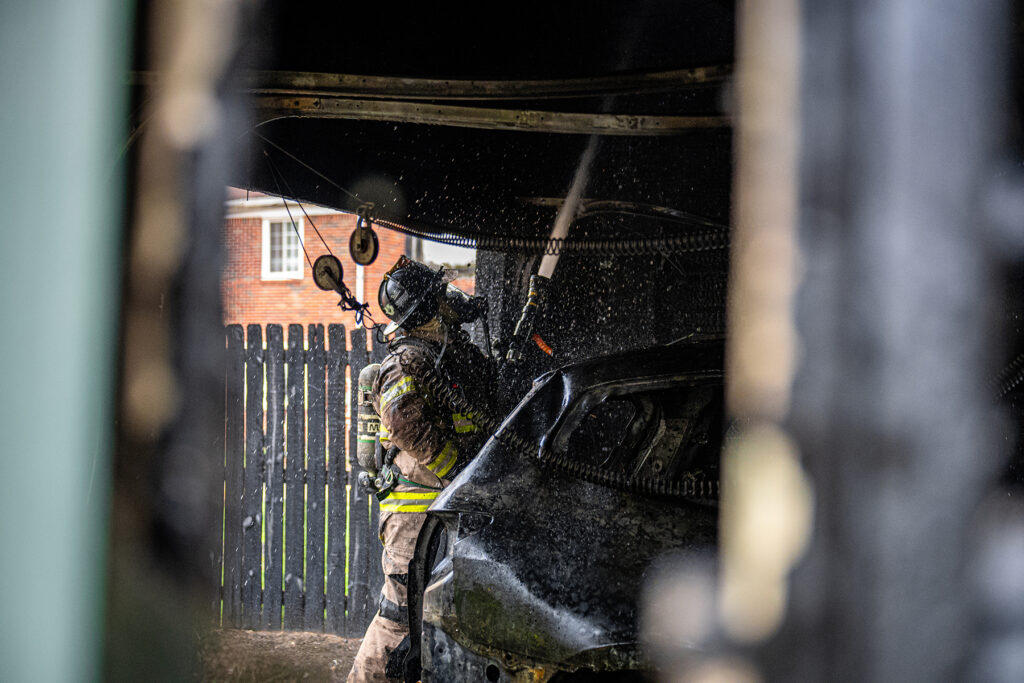
Getting the Call
Joe monitors emergency calls through a scanner and emergency alert apps like PulsePoint, which notifies users of incidents such as structure fires and car accidents. “I try to head to the fires that are closest to me—if they’re too far, the fire will likely already be out by the time I get there,” he says.
Safety is a top priority, and Joe’s own firefighting background gives him a leg up on being able to anticipate movements and position himself without interfering with operations. “It helps to know where I can and can’t safely go,” he says. “I also don’t want to get too close, because I don’t want to melt my lens, so it’s helpful to have the longer end of that 35-150mm when I need to zoom in a bit.”
Setting Up
Joe approaches his firefighter photos with baseline settings that allow him to react quickly. He takes advantage of custom user profiles, setting one for nighttime conditions, another for daytime, and a third as a general-purpose profile with a shutter speed of 1/500th of a second, a wide-open aperture, and auto ISO. “Firefighter photography incorporates all of the toughest parts of all other photography genres,” he says. “There’s fast action that’s always changing, like sports photography; then you have the flashing, multicolored lights, like in concert photography. You also have the orange from the fire and the smoke adding an extra layer.”

Lighting, in fact, is one of the biggest challenges in Meier’s work. “I can’t plan when a fire is going to happen,” he says. “And they’re obviously not always going to happen during golden hour. Sometimes I luck out, though, like in this photo of the two firefighters putting out some remaining hot spots after a detached garage caught on fire. Everything aligned perfectly, with them bathed in that beautiful sidelight. That kind of lighting is rare, though, so I need a lens like the 35-150mm to be up to the task.”
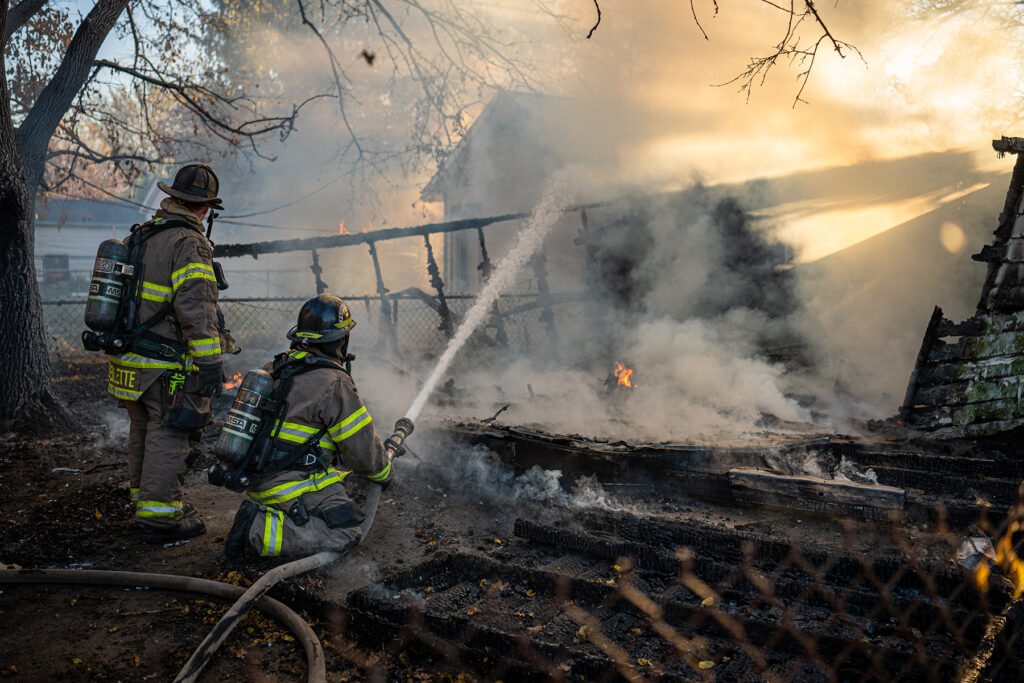
High-Stress Storytelling
Whether he’s on the scene at a house fire or documenting the gear inside a local firehouse, Joe tries to offer his viewers an inside photojournalistic peek at what transpires in the daily life of a firefighter. “I want someone looking at my images to feel like they were there,” he says. “So when I’m walking up to a fire, I try to see what immediately draws my eye.”

The other side of what Joe does is to portray the men and women who are bravely running into these scenes. “I have one quintessential firefighter photo that shows one of the guys carrying a baby out of a burning building,” he says. “In the photo here of the firefighter dragging a hose, which weighs about 100 pounds, the hose’s heaviness, the slippery snow on the ground, the determined expression of the firefighter—they all showcase the raw physicality of this kind of work.”
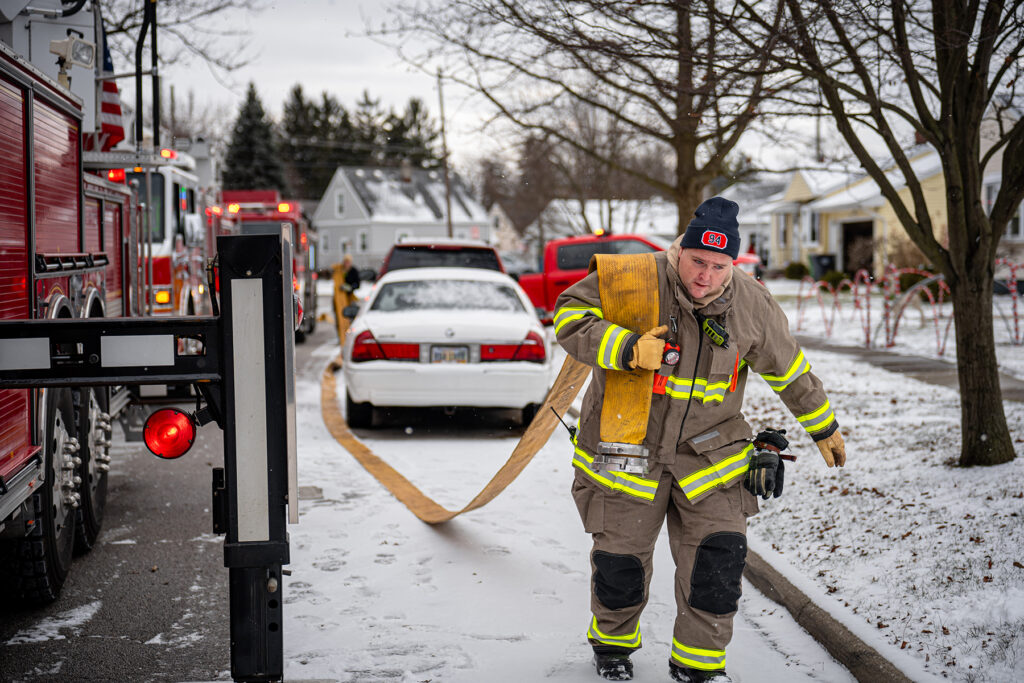
It can be tough to approach a chaotic fire scene and keep your emotions from taking hold, but Joe keeps a disciplined mindset, drawing from his own experience as a firefighter to maintain focus in these often high-stress situations. “When you’re there as a firefighter, you have a job to do and have to detach from everything else,” he says. “The same goes for taking these type of photos. It’s also important to be respectful of the people whose homes and businesses have gone up in flames. I’m not there to glorify emergencies, or to chase trauma—I’m there to highlight the brave men and women who are out there putting their lives on the line.”
